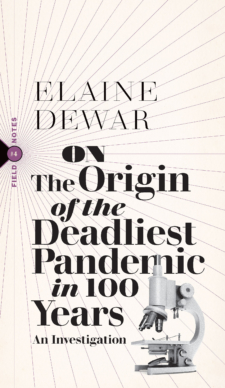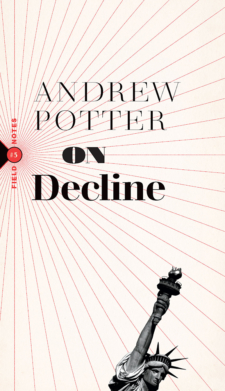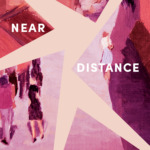Description
A New York Times Editors’ Choice
A searing examination of male friendship and the broader social implications of masculinity in an age of toxic loneliness
Two teenagers leave their small town on a vaguely charted road trip through the northern wilderness, with little more than canned food, second-hand camping gear, and the rifle they buy for reasons neither can articulate. The more they handle the gun, and the farther they get from their parents and peers, girlfriends and online gaming, the less their actions—and the games, literal and metaphorical, they play—are bound by the usual constraints. When one decides to harass a young couple they meet on the highway, the encounter leads them down a road from which there’s no coming back.
A searing examination of male friendship and masculinity in an age of toxic loneliness, The Passenger Seat introduces Vijay Khurana as an extraordinary new voice.
Praise for The Passenger Seat
“Unsettling and powerful . . . If the inciting episode reads as an overdetermined proof of male one-upmanship, Khurana’s execution of it is nevertheless gripping. Things go pear-shaped, then the pear goes rotten as the boys harbor resentments, thwart each other and secretively plot.”
—New York Times
“A poignant examination of male friendship, homosocial desire, and the trappings and broader social implications of masculinity.”
—Fitzcarraldo Editions/New Directions/Giramondo Novel Prize shortlist citation
“The Passenger Seat will both mesmerize and refuse comforting resolution.”
—Literary Review of Canada
“An unusual and deftly written literary thriller . . . Khurana’s prose enthralls, marked by a sharp social and sensory realism and a mature emotional intelligence. His ability to capture how physiological reactions often precede cognitive understanding is impressive.”
—Books+Publishing
“In Khurana’s spare, rhythmic prose . . . the jagged edges of a species of male friendship are powerfully rendered.”
—The BC Review
“A challenging novel that pushes against the elastic comfort of the expected, The Passenger Seat tests what makes a boy turn into a man and arrives in a territory both unexpected and certain.”
—Foreword Reviews
“Two high school friends fall into a rite of poisonous passage toward toxic masculinity . . . A novel for those who like their grimness unadulterated by any glimmer of redemption.”
—Kirkus Reviews
“Vijay Khurana’s profound and propulsive The Passenger Seat is a thrilling, terrifying, devastating ride. This perfectly pitched tale of masculinity gone wrong exposes the ways that intimacy can so quickly veer into violence—yet it evades easy moral pronouncements at every turn. Khurana is a brilliant stylist who drives straight toward the heart. I would follow him down any road.”
—Elvia Wilk, author of Death by Landscape and Oval
“Vijay Khurana writes incredibly succinct and vigorous prose. His stories, always full of insight and depth, shine a light on the most nuanced and ambivalent corners of our lives.”
—Yan Ge, author of Strange Beasts of China
“This book is simply great—an elegant novel written with disturbing emotional intensity and a sly, judicious sense of contemporary detail.”
—Lauren Oyler, author of Fake Accounts
“A plunge into a pitch-black abyss. two boys shrug off the yoke of their teenage years and drive off into adulthood and all its violent uncertainty. there’s a rifle, a much-loved pick-up truck, long stretches of asphalt, energy drinks, loneliness, too easily regurgitated podcast / masculine self-help book platitudes, aggressively flavored potato-chips, relentless ego-checking, gaming, intimidation, and a series of increasingly damnable acts. feels so real it may as well be a cursed memoir. can’t stop thinking about this book. ”
—Douglas Riggs, Bank Square Books (Mystic, CT)








